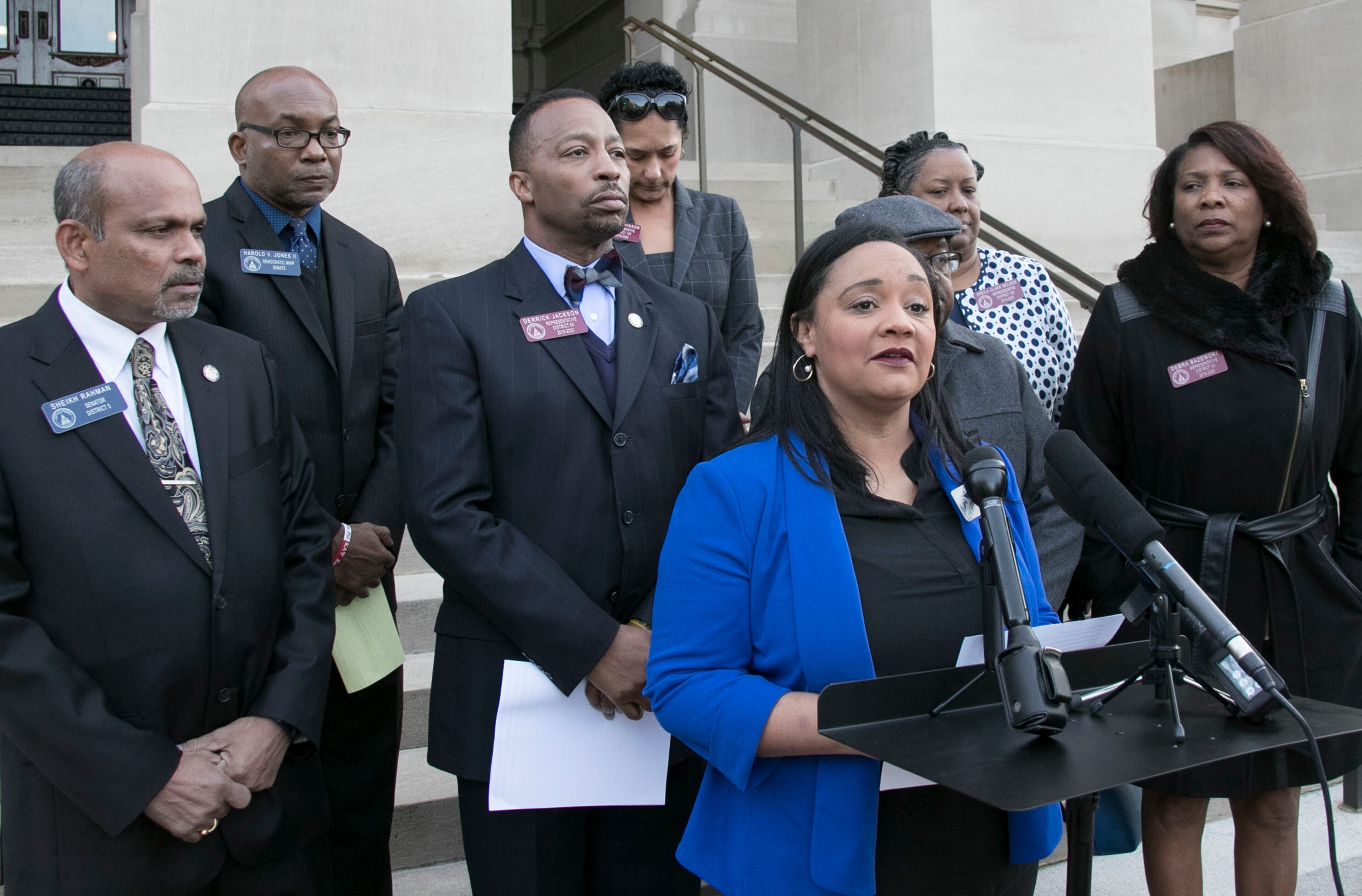Analysis: Today would have been Georgia’s primary, but officials avoided a calamity

It’s hard to imagine now, with vast parts of Georgia laid low by the coronavirus pandemic, but Tuesday was supposed to be the state’s turn in the presidential spotlight.
Georgia's presidential primary was never likely to be a decisive point, and Joe Biden's ascendance throughout March squelched whatever suspense the state's vote would have offered.
But it still was to be a moment for Georgia Democrats, a chance for party officials and activists to fete presumptive nominee Joe Biden at a party gala and an opportunity for Bernie Sanders' supporters to prove he wasn't just an afterthought in the South.
A string of events dotted the calendar: Biden was to headline a party fundraiser and then hold his own private event with donors in Atlanta the next day. Sanders' campaign scheduled the opening of an Atlanta campaign office, too, in part to show he hadn't abandoned the state.
An Atlanta Journal-Constitution poll showed it would have been a shellacking: Biden led Sanders by 44 percentage points in the survey released last week, evoking memories of the Vermont senator's dismal performance in the state four years ago.
But now it's time to take stock of an unusual alliance that came together 10 days ago to postpone what would have been a calamity had the vote been held Tuesday, with the city of Atlanta under strict stay-at-home orders and Gov. Brian Kemp banning many gatherings around the state.

Secretary of State Brad Raffensperger, a Republican, and Democratic Party of Georgia chair Nikema Williams struck an agreement last Saturday to postpone the vote to May 19, when the state is already scheduled to hold another round of primaries for state and federal offices.
It wasn’t an easy accord, and it required much bipartisan maneuvering and negotiating from the two leaders and their staffers. Their pact is even more impressive given the litigious history between both parties over ballot access.
But imagine the scene if the vote would have gone on as scheduled – a day after Kemp urged "medically fragile" Georgians to stay at home.
Droves of poll workers, most of whom are septuagenarians, would have stayed home on governor’s orders. Voting sites would have been scrutinized for a dearth of hand sanitizers and wipes, and national media would capture the spectacle of longer lines that sprouted thanks to social distancing.
And even Williams wouldn't have been able to actively take part. She said Sunday she contracted the disease, one of at least four state senators to test positive, and is self-isolating with her family at her Atlanta home.
The road ahead won’t be easy for elections officials, not least because they must still find a way to hold a May vote with the highly contagious virus still looming.
But a bipartisan agreement helped Georgia avoid what could have been a humbling showdown with the disease.

